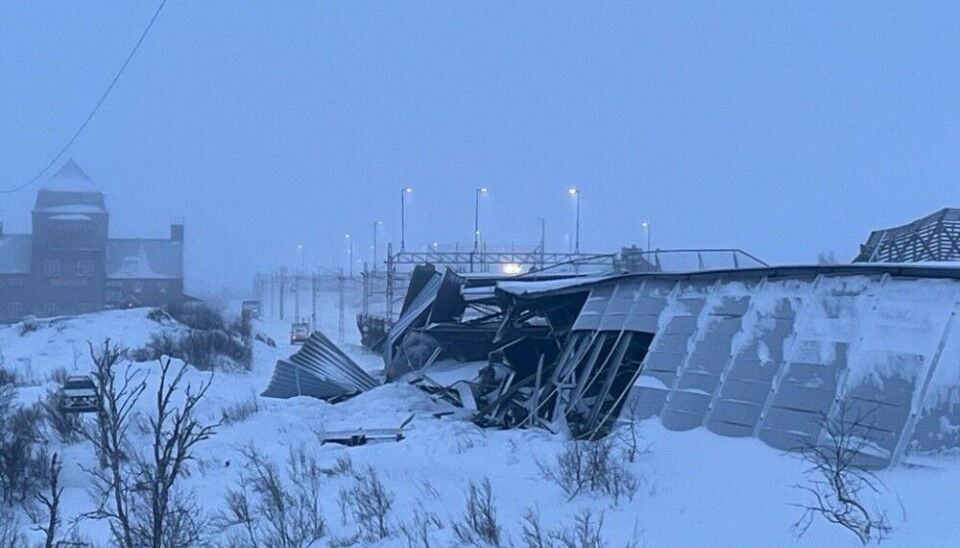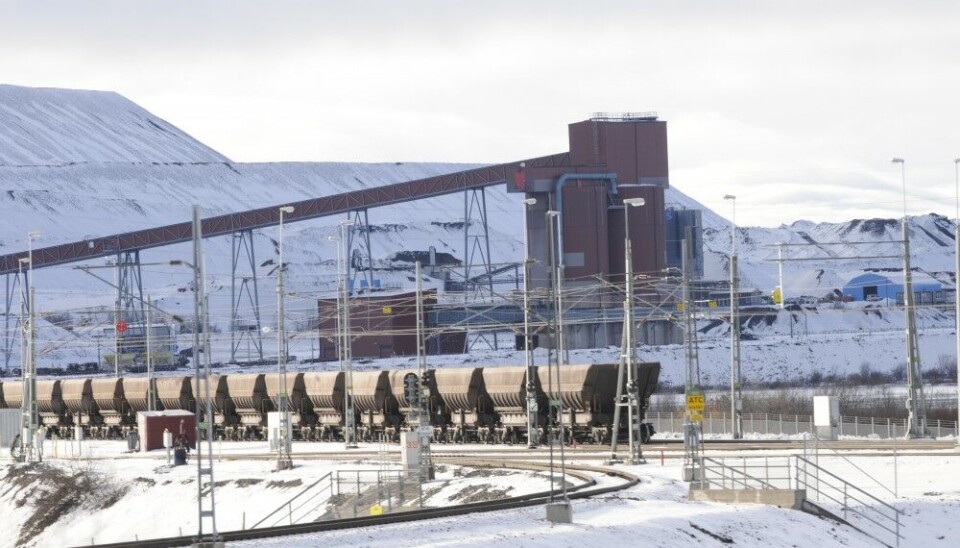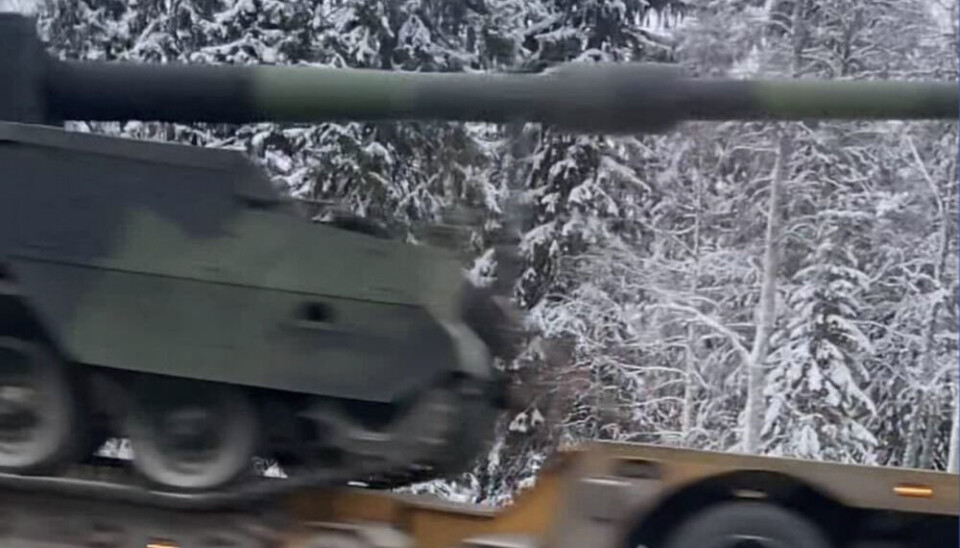
Europe's northernmost cross-border railway still closed two months after ore train derailed
Halt in rail transport between Kiruna and Narvik causes big challenges for Sweden’s largest mining company. It also highlights the sensitivity of poor infrastructure for NATO’s military reinforcement of northernmost Scandinavia.
It was a week before Christmas a fully-loaded iron-ore train, en route from Kiruna in northern Sweden to Narvik on the coast of the Norwegian Sea jumped off the rail at Vassijaure Station, not far from the border between the two countries.
At first, the Swedish Transport Administration (Trafikverket) believed the tracks could be restored within two weeks. Standstill, however, was prolonged into January. Snow storms late in the month and difficult restoration caused further delays. Now, by mid-February, traffic is still not restarted.
Meanwhile, iron-ore is piling up in Kiruna.
“It is very worrisome, and it will have a big impact on us if it drags on for too long,” says Linda Bjurholt, logistics manager with LKAB.
“We are talking about revenue losses of around SEK 100 million [€8,8 million] a day,” she adds.

Normally, LKAB sends ten full-loaded trains a day to the port in Narvik for shipments to the European market. That counts for about two-thirds of LKAB’s deliveries. The southern rail, to the port of Luleå, continues with four to five trains each day, but there is no capacity to compensate for what is shipped via Narvik, the mining company informs.
“We can no longer shut our eyes to how critical to society and how sensitive the infrastructure of the Ore Railway is,” says Jan Moström, President of LKAB mining company.
“We are ending the year with relatively high production and the expansion of the Ore Railway is crucial both for the current volumes and for future production increases,” Moström adds.
LKAB on Monday presented its 2023 full-year operating profit of SEK 16 billion [€1,41 billion].
The fully state-owned company supplies about 80% of all iron-ore mined in Europe and has for years been one of the most profitable companies in Sweden.
Railway important for NATO
In a few weeks, the exercise Nordic Response 2024 kicks off in- and outside northern Norway with about 20,000 soldiers from 14 NATO- and partner nations.
A core element of Nordic Response is to train cross-border defense and movement of military hardware between the northernmost parts of Norway, Sweden and Finland.
Two cross-border railways between Norway and Sweden are highlighted as core strategic infrastructure to move allied military hardware from ports in Norway into Sweden and Finland; the Meråkerbanen from Stjørdal to Østersund far south of the Arctic Circle and Malmbanen (Ore Railway) from the deep-sea port in Narvik to Kiruna and further south to Luleå or Haparanda. From Haparanda, Swedish and Finnish authorities have recently reopened a railway across the river into Lapland.

As previously reported by the Barents Observer, Finland is pushing for European Union funding to improve east-west communication infrastructure, arguing it is of big importance now as the country has become a member of the North Atlantic alliance.
The EU in January granted SEK 98 million to improve the Ore Railway for military movements, North Sweden European office reported.















